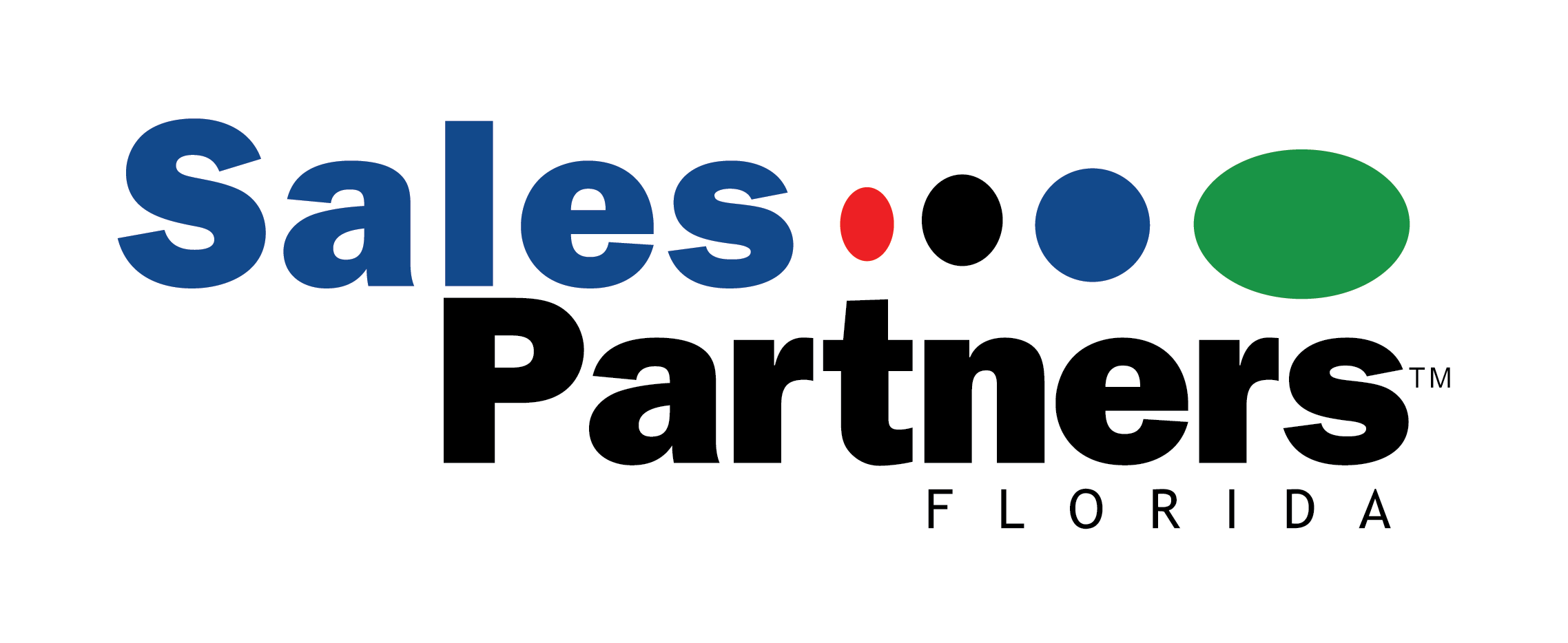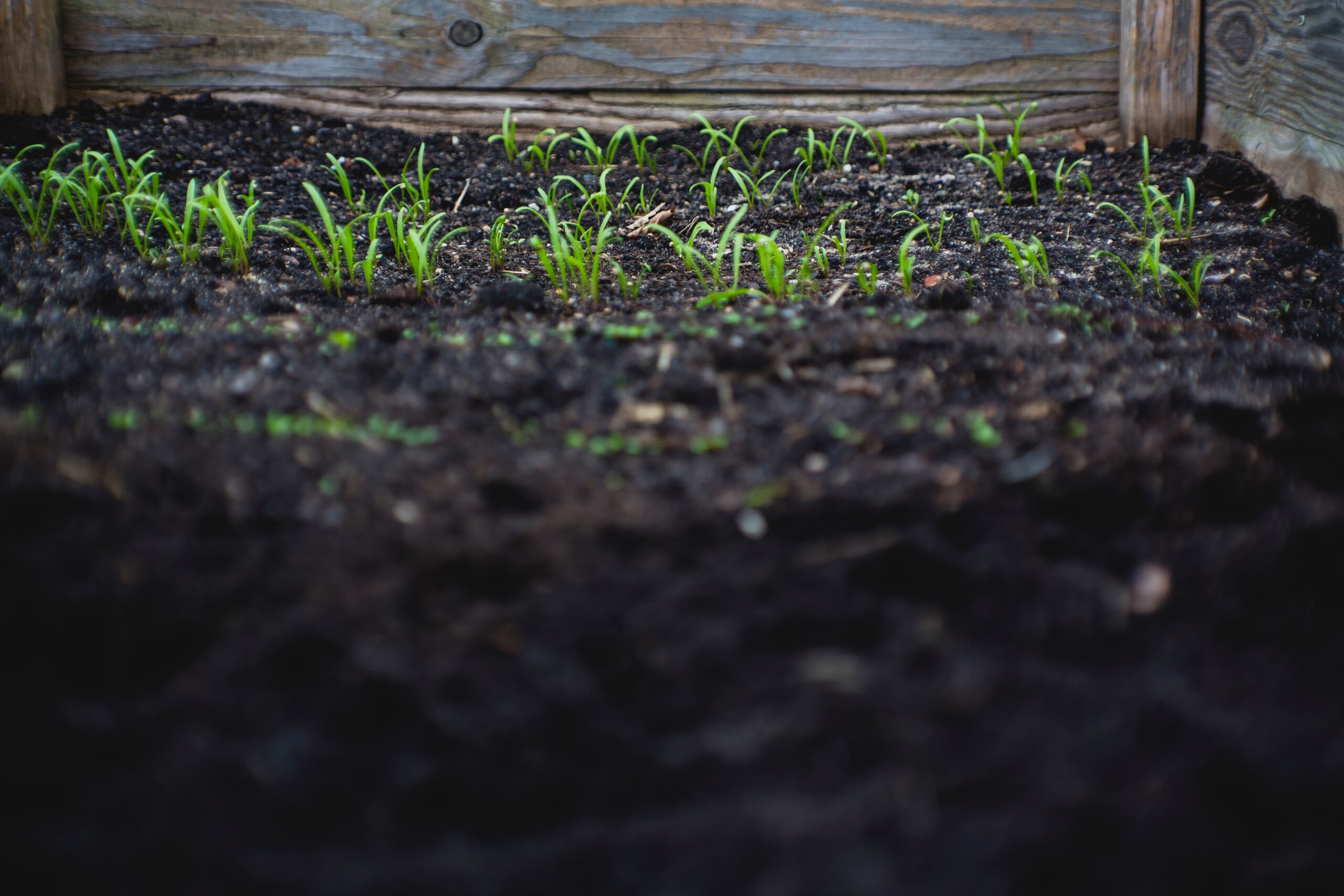Something safe, something they can trust, but ultimately, a brand represents an easy choice.
A small health-food startup can easily differentiate from McDonald’s.
But only with a certain audience.
For Sally, the over-stressed soccer mom with a car full of kids that don’t have anything ready for dinner at home, and is worried about a downturn in the economy, the costs and benefits aren’t as distinct.
A healthy choice only adds to the complexity of her decision.
If you’re not a healthy alternative that is also convenient, inexpensive, and acceptable to kids you’re not really differentiating where it matters to her at that moment.
The brand that represents the healthy food she would like her kids to eat, but also the one that means everyone has to get out of the van, will be twice as expensive, and one that she may have to endure a 5-year-old’s meltdown over does not represent an easy choice.
It represents not only feelings of frustration, but also feelings of guilt, shame, inadequacy, and a host of other emotions that make it easier to avoid that place.
And that’s OK, as long as the brand isn’t trying to market to her.
Soils that are excellent for growing blueberries are often far too acidic for growing lettuce.
The soil itself is not a differentiator. Nobody cares what its pH of it is.
It just makes it easier to grow one thing over the other.
And the brand you build will make some clientele easier to cultivate as well.
#PrepareTheSoil #clientcultivationcycle #pollinatorpodcast #smallbusiness #marketing #sales #strategy #entrepreneur







